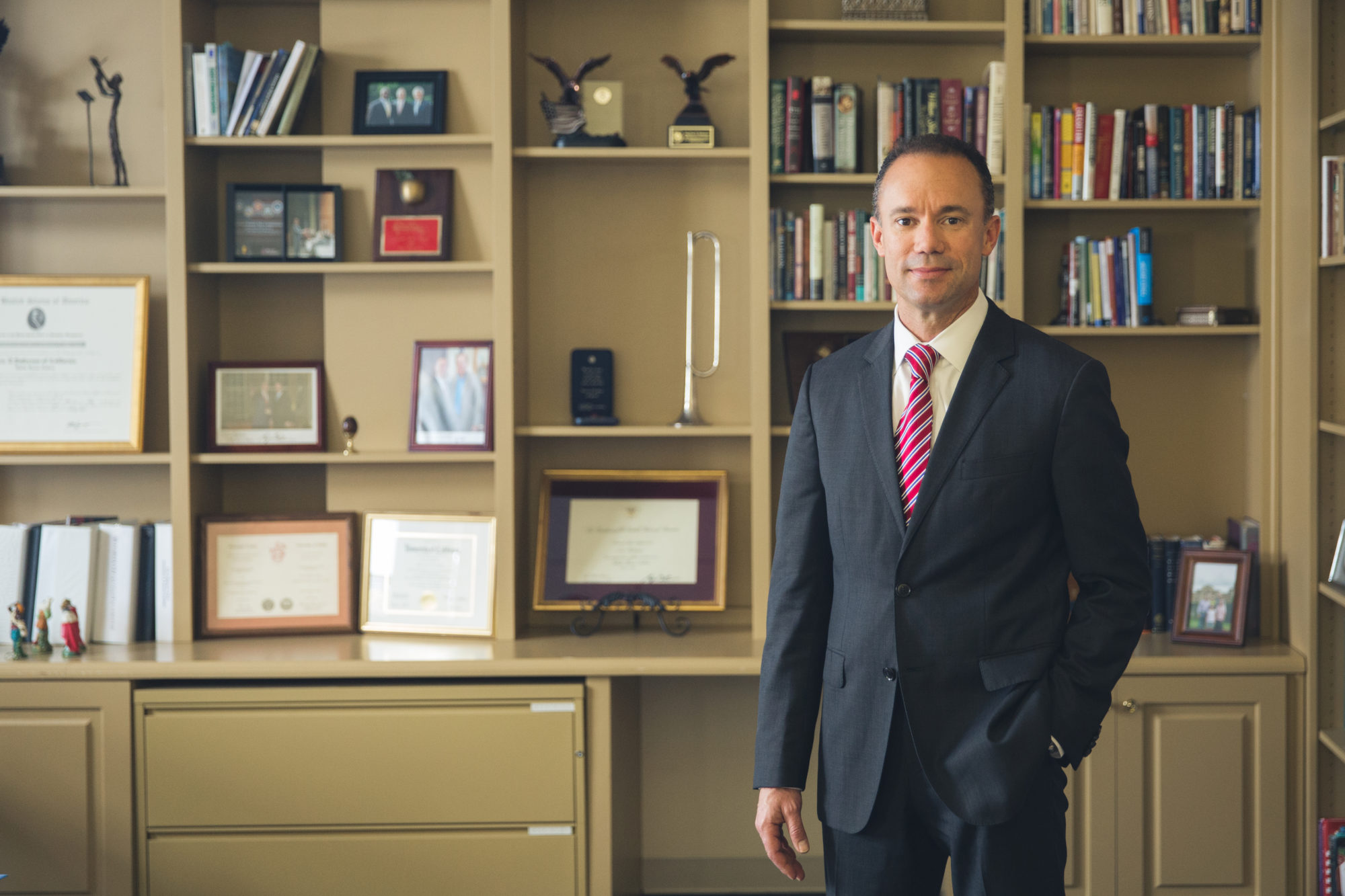Matrix Resurrections hit cinemas after a two-decade hiatus. Sci-fi fans will find much to enjoy and much that is familiar, but Resurrections is for a much broader audience. It is a movie about love in war.
Matrix buffs will recognize key themes that have kept college students debating fate long into the wee hours of the morning: Do I have free will? Is there such a thing as free will? Are even my choices predetermined? What am I responsible for? How do my choices and those of others interact? Does anything I do make a difference in a complex world?
In Resurrections (spoiler alert) we learn that Neo (Keanu Reaves) has been living a heavily controlled and sedated existence as a video game designer in our present time. He was told that he is responsible for creating “The Matrix” video game. The audience quickly realizes that somehow Neo is back inside the Matrix and living a benumbed life, although his fragile psychological state indicates that there is a subterranean reality trying to break through via dreams and memories.
I’ll leave the rest of the plot for you to watch but will draw attention to a key plot twist (spoiler alert). Somehow it is the enduring but unsatisfied love of Neo and Trinity (Carrie-Ann Moss) that provides a massive energy boost to the new Matrix. Consequently, it is to recover Trinity—and truly consummate their love—that Neo is willing to sacrifice and reenter the Matrix.
Love is portrayed in Resurrections in at least three ways. Christians know that love is about rightly ordering our desires. One of Neo’s enemies remarks that humanity’s problem is that we fail to realize all that we have; we always grasp for that which is just beyond reach. Christians recognize that this is spiritual ingratitude: failing to give what is due to the Creator. It is also covetousness and lust. Humanity’s desires are sinfully directed toward more self-referential pleasure. This is what keeps people comfortably trapped in the Matrix.
A second type of love exhibited in the Matrix is the elemental bondedness of Neo and Trinity. The Christian recognizes this as marriage. Our wedding vows say, “For better or worse… richer or poorer… in sickness and in health… till death do us part.” Neo and Trinity demonstrate this. They cleave to one another. They draw strength and hope from one another. When one fails, the other steps up. They are destined for, and faithful to, one another in a way that is different from the phony licentiousness of Matrix society. Their love is so powerful that it animates the Matrix. It is a freely given love: in Resurrections,Neo is willing to abide by a befuddled Trinity’s choice, even if she selects her Matrix-programmed husband and children.
The third form of love in the Matrix, one that is found in Neo, Trinity, others who have escaped the Matrix, and especially the camaraderie of the free soldiers, is the self-sacrificial love of comrades-in-arms. Audiences see this willingness to sacrifice in all of the Matrix movies, and this love of one’s comrades is apparent in Resurrections.
C.S. Lewis noted that love of comrades and love of country are appropriate loves. They are appropriate because God has placed us in a certain time and place, and it is right for us to love our fellow man and what is familiar to us. This is home. It is most likely that the “no greater love hath a man than this” will be demonstrated on behalf of a family member, whether a biological one or a brother-in-arms.
In a time when the nuclear family is at risk and traditional values of duty, honor, and sacrifice are mocked, it is striking how often the warrior’s rightful love is proclaimed in our fiction. It is also striking how often our villains misunderstand and underestimate the power of such love. Voldemort derides the love Harry Potter has for his friends. Darth Vader calls Luke to leave his friends behind and embrace the power of the Dark Side. Evil Greek gods call Percy Jackson’s loyalty a weakness. Mission Impossible’s Ethan Hunt will never leave someone behind. Even The Avengers and Fast & Furious franchises call their teams “family.” This is love.
True, the relationship of Neo and Trinity says something about rightful fidelity between one man and one woman for life, or even lifetimes. But Matrix Resurrections, and much of today’s heroic fiction, speaks to us of other loves, including the love between comrades fighting for what is right.







 Live in the DC area? Sign-up for Providence's in-person events list!
Live in the DC area? Sign-up for Providence's in-person events list!